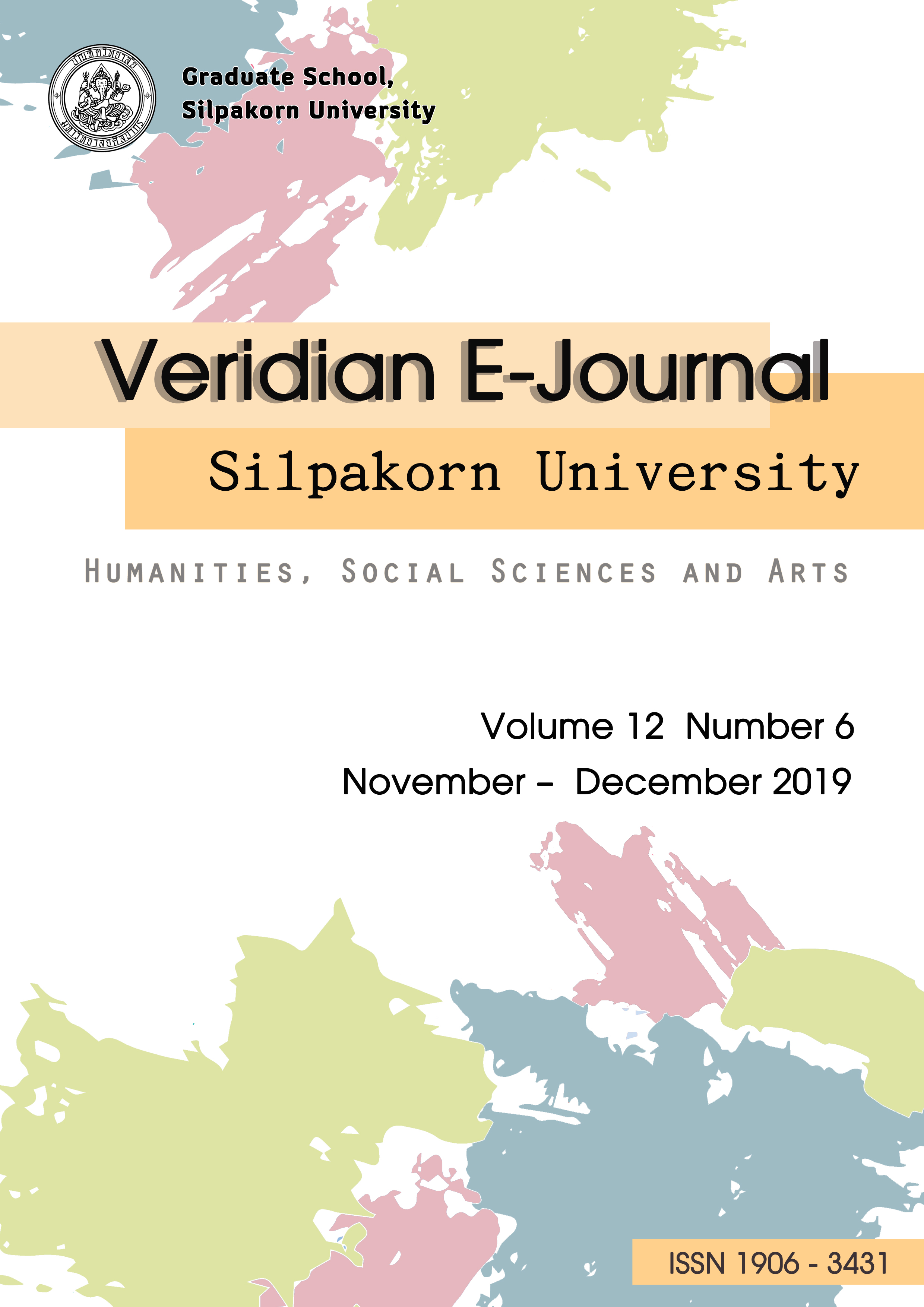The Causal Factors Affecting The Competitiveness Of Ocean Freight Forwarder In Thailand
Main Article Content
Abstract
This research aimed 1) to study causal relationship of factors affecting the competitiveness of ocean freight forwarders in Thailand and 2) to examine the goodness-of-fit index of the structural equation model and analyze direct and indirect factors from structural equations modeling by using LISREL. The subjects of the study were 208 freight forwarders in Thailand. The research instrument was questionnaire. The validity and reliability of the questionnaire were examined by using content validity by experts, convergent validity, and construct reliability. The reliability of the questionnaire was at 0.97(Cronbach’s Alpha) and Structural equations modeling was used for proving hypotheses.
The results of the study showed that the structural equations model of factors affecting the competitiveness of ocean freight forwarder in Thailand got Chi-Square (χ2) = 112.13 (p = 0.066), Degrees of freedom (df) = 91, (χ2)/df = 1.23, Comparative Fit Index (CFI) =0.99, Goodness-of-Fit Index (GFI) = 0.94, Adjusted Goodness-of-Fit Index (AGFI) = 0.90, Normal Fit Index(NFI)= 0.98, Incremental Fit Index (IFI)= 0.99 and Root Mean Square Error of Approximation (RMSEA) = 0.03.
The results also showed that the structural equations model was consistent to the empirical evidences that can be used for describing the causal relationship of factors affecting the competitiveness of ocean freight forwarders in Thailand as follows: 1) Firm resource had direct positive effect on competitiveness with 0.32 effect size, 2) Firm resource had indirect positive effect on competitiveness via business networks with 0.49and 0.50effect size, respectively, 3) Firm resource had indirect positive effect on competitiveness via maritime logistics service quality with 0.39and 0.35effect size, respectively, and4) Firm resource had indirect positive effect on competitiveness via business networks and maritime logistics service quality with0.49, 0.18, and 0.35, respectively(P < 0.01).
